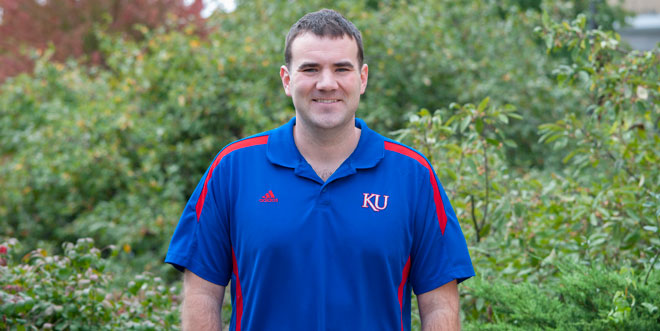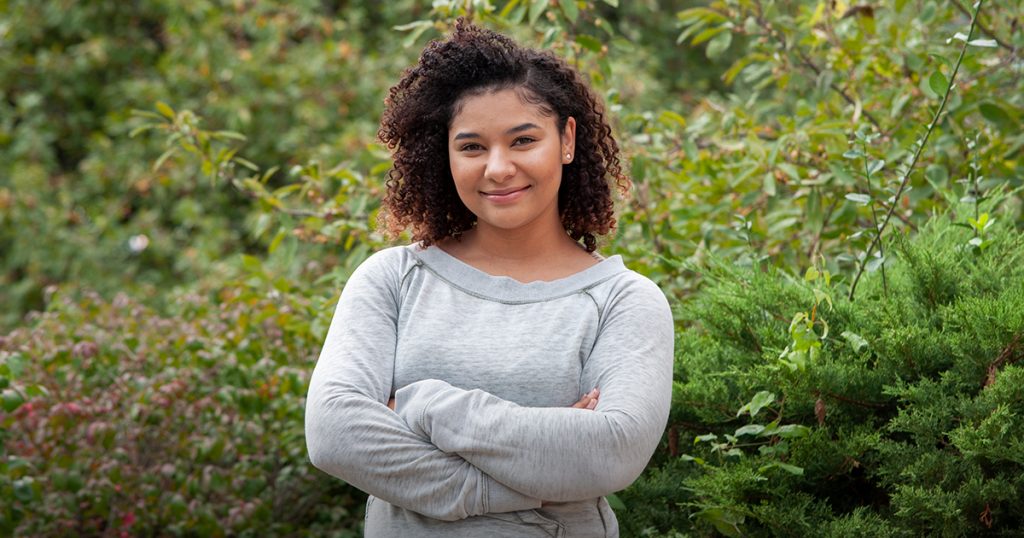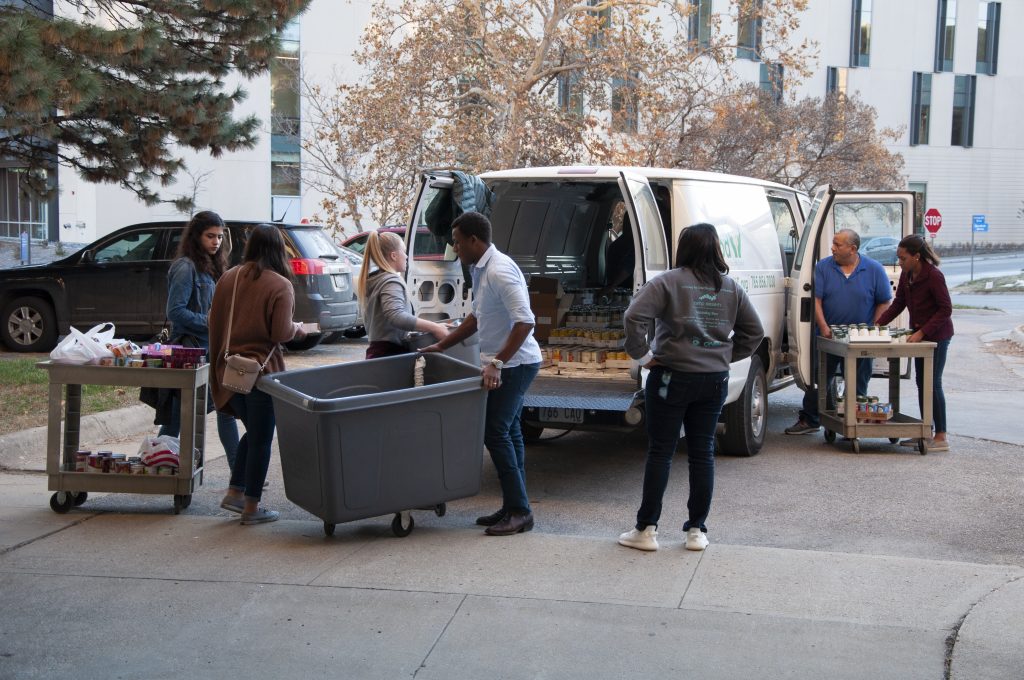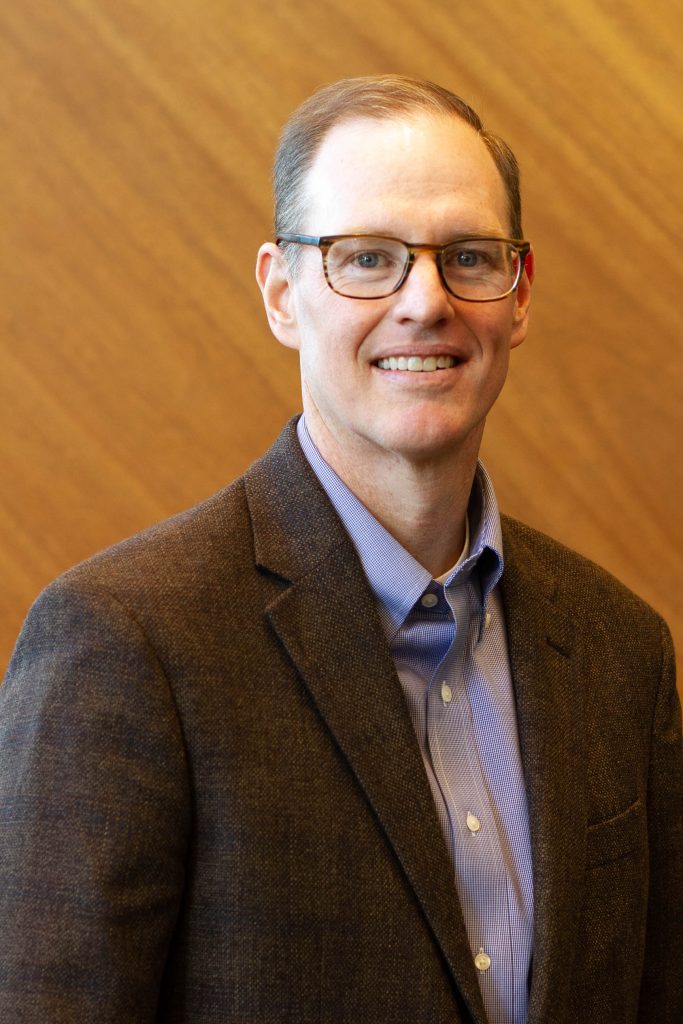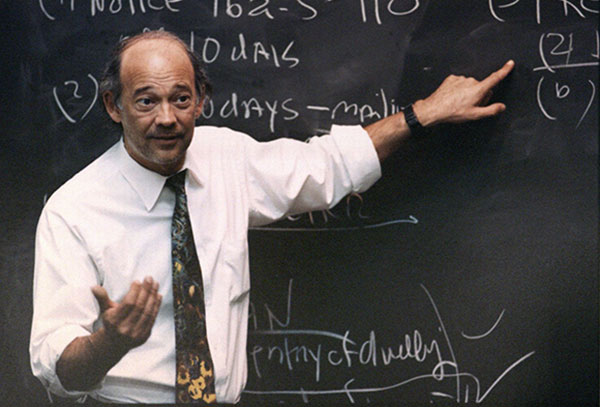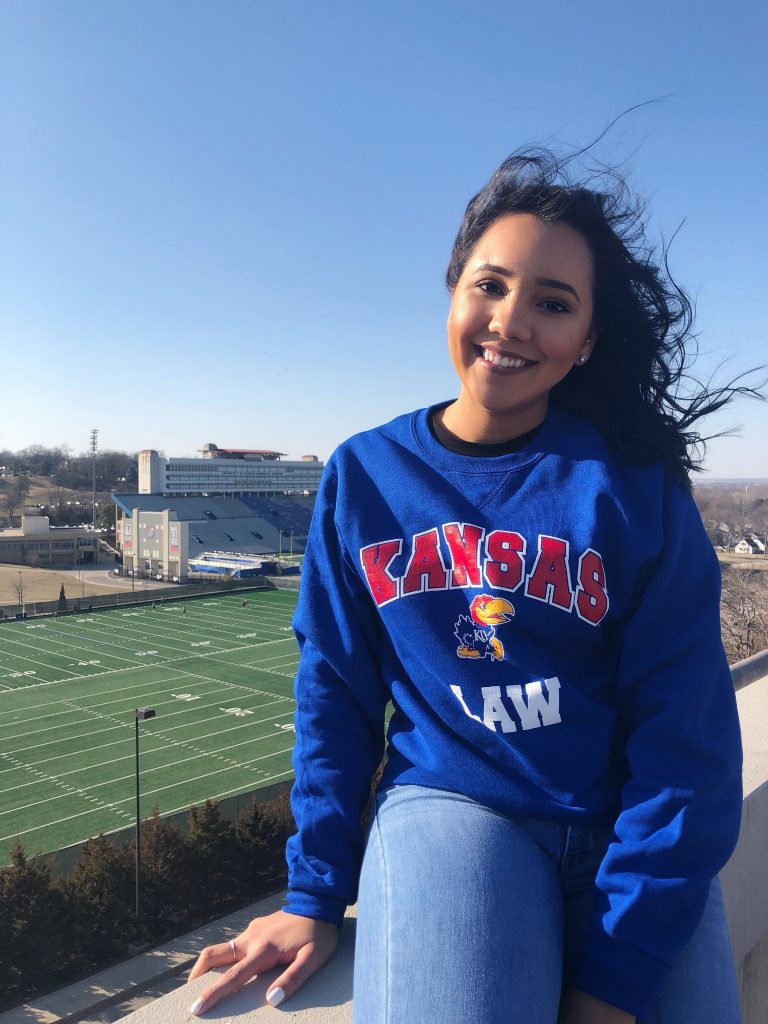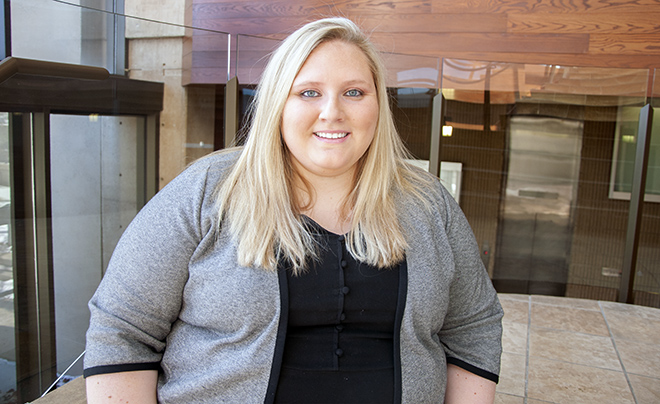
The Medical-Legal Partnership Field Placement Program was a truly invaluable experience that allowed me to work with clients as well as enhance my research and writing skills. One of the best parts about the MLP was that I never knew what type of cases would come across my desk each day. From preparing advanced directive documents and working with landlord tenant cases, to helping with guardianship and disability cases, I had the opportunity to learn about a range of various legal issues.
By far the most rewarding part of my experience at the MLP was working with the wonderful clients. It also happened to be the most challenging aspect. Oftentimes, I would be working with clients who were at their most vulnerable and needing immediate legal help. I learned from my supervising attorney how to balance being respectful, understanding and professional at the same time when working with our clients.
Another aspect about the MLP that I appreciated was seeing a client’s relief and sometimes even happiness when we completed their legal work for them. It was incredibly rewarding to help clients who otherwise may have never had the ability to address their legal issues. The best memory I have from my time at the MLP was working with an elderly client who needed a power of attorney document. After days of going back and forth with the client, the client’s family, and the social workers, we were able to successfully execute a power of attorney document. To celebrate, the client played us his favorite country song and we had a mini sing-along.
— Kelci Weber was a legal intern during the summer of 2018 as part of the Medical-Legal Partnership Field Placement.
